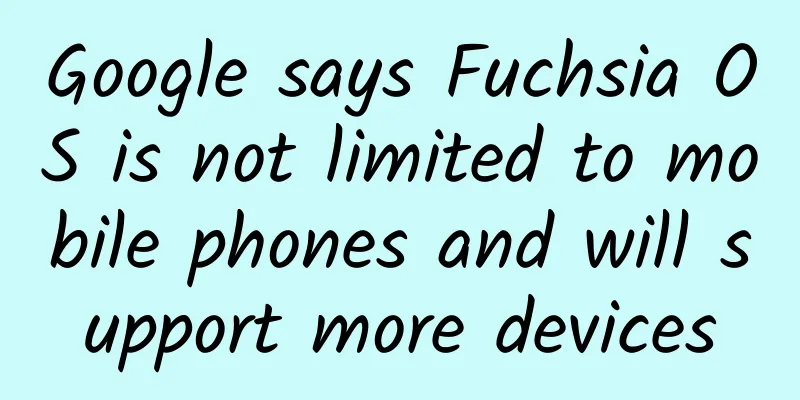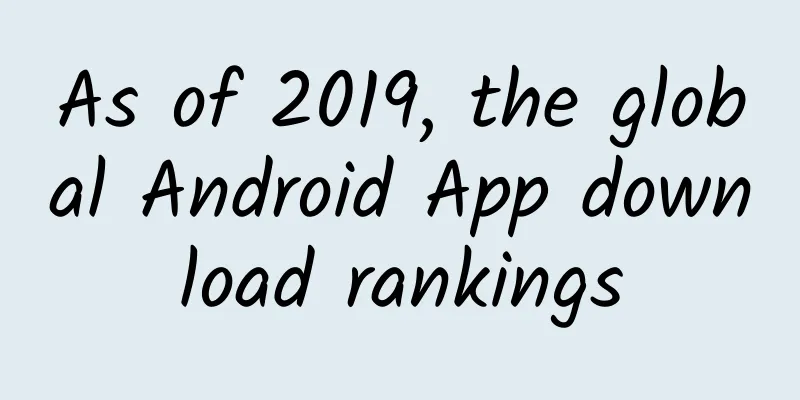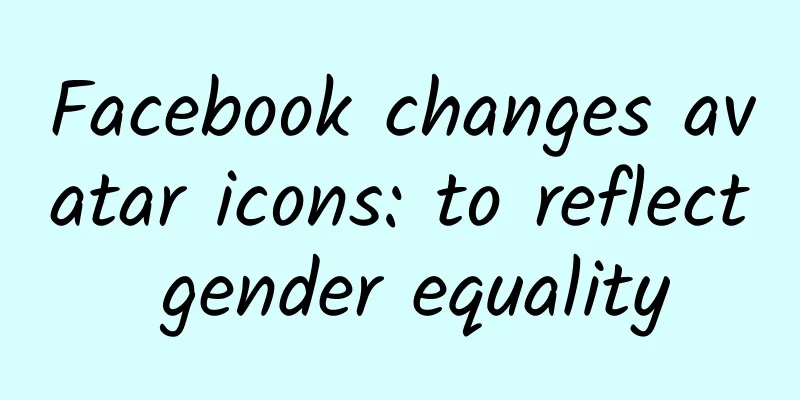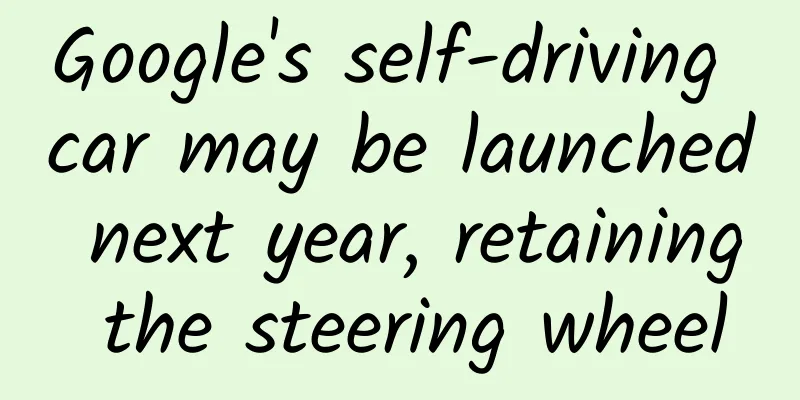Google says Fuchsia OS is not limited to mobile phones and will support more devices

|
According to foreign media reports, although Google's new generation operating system Fuchsia OS is currently mysterious, the company is slowly beginning to disclose its details, uses, and which devices it may support. At the Google I/O Developer Conference, Android and Chrome head Hiroshi Lockheimer disclosed some details about Fuchsia OS.
Hiroshi Lockheimer, head of Android and Chrome (picture via TheVerge, Vjeran Pavic) Fuchsia OS is an open-source project similar to AOSP that can run everything from smart home devices to laptops to phones. It is also believed to be built on a brand new kernel developed by Google called Zircon, rather than the Linux kernel that is the basis of Android and Chrome OS. Beyond that we know very little, and only saw a prototype of the user interface powered by Fuchsia OS two years ago. In the past 12 months or so, there have also been some reports about Google developing and testing Fuchsia OS on the Pixelbook laptop, and some vague plans about the product development timeline, expecting that devices supporting Fuchsia OS will be released in three to five years. In addition, Google's smart home device Nest Hub is believed to be one of the test devices for Fuchsia OS. But yesterday, Lockheimer talked more about the Fuchsia OS operating system. "We're working on new features for the operating system. So I know some people are going to be very excited to say, 'Oh, this is the new Android OS,' or 'This is the new Chrome OS,'" Lockheimer said. "Fuchsia OS is really not about that. Fuchsia OS is just a whole new art in the operating system space, and we're going to incorporate what we learn from Fuchsia OS into our other products." He said the significance of the Fuchsia OS operating system is that it can also have different form factors, suggesting that Fuchsia OS could be suitable for smart home devices, wearable devices, and perhaps even augmented or virtual reality devices. "You know Android OS runs well on phones, and you know Chrome OS is built for running applications. But Fuchsia OS may also be optimized for some other form factors. So we are experimenting." "Think about dedicated devices...Right now, everyone thinks Fuchsia OS is going to be for phones," Lockheimer said. "But what if it could be for other devices?" Earlier today, during an Android fireside chat at Google I/O, Lockheimer provided some details about Fuchsia OS. "It's not just phones and PCs. In the world of IoT, more devices need operating systems, runtimes, and so on. I think there's a lot of room for multiple operating systems with different strengths and specializations. Fuchsia OS is one of them." |
<<: China's "proud" mobile payment: collectively rejected by developed countries! Why?
>>: Android has a new feature - connect an external monitor and turn it into a PC in seconds
Recommend
Android app size reduced from 18MB to 12.5MB
Opening words A while ago, my boss gave me a task...
Why are respiratory diseases so rampant this year?
This year's respiratory infectious diseases a...
Waymo CEO says Tesla doesn't have self-driving, Musk hits back: "Better than you"
Recently, Waymo CEO John Krafcik said in an inter...
Are the similarities between galaxies and atoms, cosmic structures and neural networks just coincidences?
The world we live in is full of mysteries. Perhap...
Have a healthy new year! Let’s check the “small hidden dangers” in the refrigerator first
During the Chinese New Year, many families have t...
He extinguished the fuse of nuclear war, saved the world, and saved mankind from a catastrophe.
We cannot imagine what the world would be like to...
How to prevent violations during live broadcasts?
Live streaming , using direct narration instead o...
Beijing's first snowfall was not "up to standard"! How heavy a snowfall is considered the first snowfall?
Review expert: Ye Haiying, deputy director of the...
SVB: 2021 Silicon Valley Bank Healthcare Investment and Exit Trends Report
Key insights from Silicon Valley Bank’s healthcar...
A mobile phone reflects the great power dream of "Made in India" and the globalization of "Chinese factories"
If Indians don’t work harder, Mumbai will be surp...
How much staple food you eat affects your lifespan! Do these 3 things to eat healthier!
In our daily diet, staple foods such as rice and ...
How to use data to drive operational growth
Maybe we won’t get a satisfactory result immediat...
Really solve your pain points, those conscientious Android-exclusive applications: Privacy tools
The openness and freedom of the Android system ar...
[Single Lesson Encryption] [Exchange Meeting] Super Big Turning Point - He Yan
[Single course encryption] [Exchange meeting] Sup...
Aiming accurately does not necessarily mean you can shoot accurately. What scientific principles are involved in archery?
Whether in the East or the West, archery has been...









